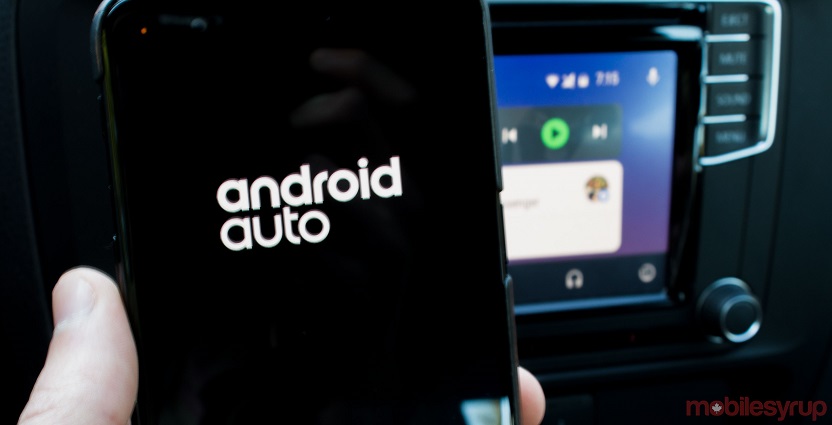Franco Japanese auto major partners with Google
September 20, 2018 | Expert Insights

Google will partner with Renault-Nissan-Mitsubishi, the largest auto alliance in the world by vehicle sales, to put Android-based infotainment systems into millions of cars.
The alliance’s next-generation infotainment system and dashboard displays will use Android and will be launched in 2021.
Background
Google, Apple, and car companies are currently in a relentless three-way tug-of-war for control of the dashboard. Automakers generally prefer motorists use their car’s native infotainment software, but rivaling tech giants offer alternatives that are sometimes better packaged and more intuitive. Google’s proprietary projection standard is called Android Auto. Essentially, the tech makes driving safer by minimizing distractions. Like Apple CarPlay, it was developed to encourage motorists to keep their eyes on the road and their hands on the steering wheel.
Analysis
The French Japanese auto alliance, one of the world's top-selling automakers, have decided to team with the search giant’s operating system to provide users with features such as Google Maps, Waze and the hands-free Google Assistant, without having to connect a phone.
They'll also be able to download auto-specific apps, such as those that find and pay for parking spaces, from the Google Play Store. Owners would have to choose from applications that are approved for automotive use that minimize distraction, said Patrick Brady, Google's vice president of engineering for Android. The brands are looking at cost for the system, and there likely will be a monthly fee.
Other automakers, such as Honda, Volvo and General Motors, already run Android in their operating systems, although they aren't as advanced as what the Renault - Nissan - Mitsubishi alliance will do, the companies said. They let the users connect their phone to car systems through Android Auto.
Automakers are deciding between developing their own systems or going with an established company like Google or Apple. Premium automakers like Mercedes Benz and BMW are investing heavily in their own operating systems to provide protection of data security for their buyers.
Neither Renault-Nissan-Mitsubishi nor Volvo stated how much access Google would have to a vehicle’s data. The technology partnership with Google is part of the Nissan-Renault-Mitsubishi alliance's wider effort to wirelessly connect cars to online "cloud-based systems," allowing automakers to gather data, diagnose problems and update vehicle software remotely.
“We’re merging our forces to build a better system. If you forget your phone, it will work perfectly fine in the car,” said Kal Mos, global vice president of connected vehicles for the Renault-Nissan-Mitsubishi alliance regarding the Google’s system.
Counterpoint
Using familiar systems like Android, will make it easier for the users but these systems have control over the data of the driver’s whereabouts, driving patterns, preferences and infotainment use. There is also increased possibility that such systems can be hacked remotely that can endanger the passenger.
Assessment
Our assessment is that a partnership with Google, Renault-Nissan-Mitsubishi ups the ante on rival automakers to work with tech companies instead of developing their own software ecosystems. We believe that while this partnership may win customers over, it also means potentially ceding control over valuable user data to companies like Google and Apple.








Comments